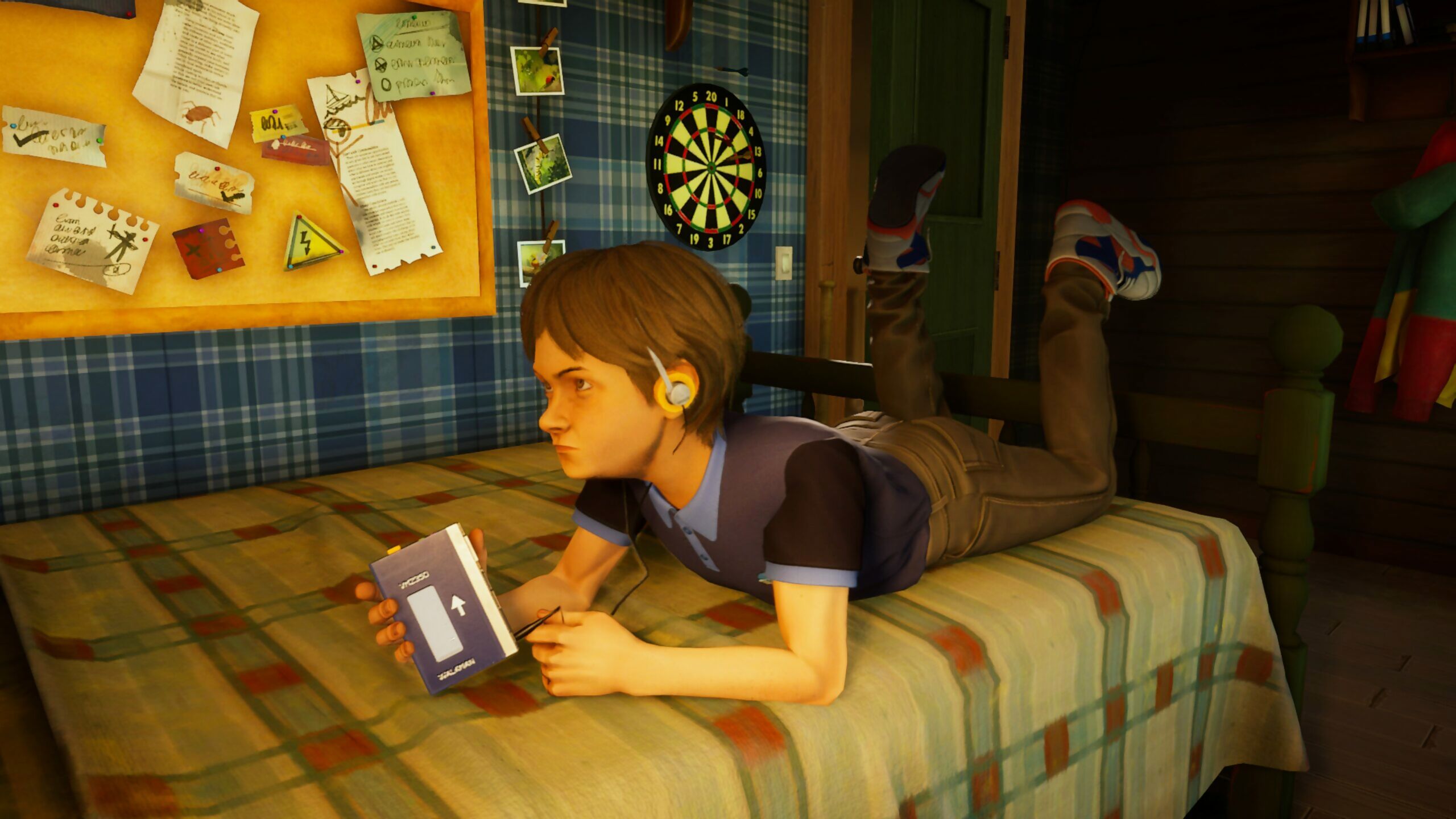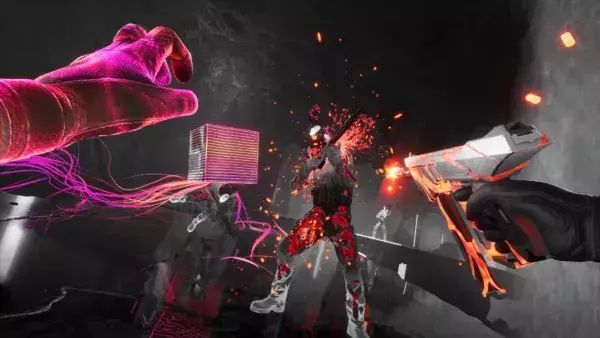
Alfred Hitchcock – Vertigo is a film to game adaptation that gets lost in translation. Here’s our review of a flawed Hitchcock-’em-up…
A spin-off from what’s widely regarded as the greatest movie ever made was always going to be a tall order. With Vertigo, Pendulo Studios attempts to dissect a timeless classic for themes and preoccupations it can repurpose into something completely new.
Chief among them is the 1958 thriller’s interest in psychoanalysis, the plumbing of subconscious depths to uncover repressed memories, and how the vulnerable individuals tormented by such can be manipulated by unscrupulous acquaintances. Both protagonists suffer from a fear of heights, though Pendulo sets its story in the present day and substitutes James Stewart’s cop with Ed Miller, a young novelist whose guilt leaves him bedridden after an accident in which his family plunged off a cliff. Two things of note: first, the circumstances of the tragedy replicate another accident that, decades earlier, claimed the lives of his parents and baby sister; second, nobody’s ever seen the wife and daughter whose deaths he purports to have caused.
It’s an intriguing setup that we dive into from various angles, primarily through therapist Julia Lomas who persuades Ed to dig into the truth about his childhood, and Sheriff Nick Reyes, whose investigations uncover a murder that may be linked to the baffling affair. The story unfolds in the familiar Telltale template, focusing on dialogue, light QTE sequences, and the search for interactive hotspots to provide illuminations that propel the narrative forward.
But the model is adopted only partially. While the game is neatly presented and some of the dialogue – especially in low-key moments – can be quite engaging, the dilemmas you’re presented with feel trivial. For all their other flaws, recent interactive movies like House of Ashes or Detroit: Become Human charge your performance with stakes, a mistimed keystroke or hasty reply incurring major repercussions. Here, every dialogue choice, every QTE feels tangential to a story that marches inexorably towards its predetermined narrative beats.

Dr. Lomas and Sheriff Reyes start off quite antagonistically but they grow closer as they collaborate to solve the mystery of Miller’s accident.
Worse, characterisation remains skin-deep – quite the irony for a game so invested in the exploration of the human psyche. Ed berates his stoical therapist with the unprompted malice of a Bond villain. The local deputy’s shift from agreeable country lad to loose cannon lacks motivation. And, despite the ostensible interest in the way trauma nurtures one’s worst tendencies, the duplicitous blonde at the heart of the conspiracy is portrayed as an irredeemable monster throughout, her own formative experiences relegated to an afterthought.
Pendulo’s meticulousness in establishing a connection to the film that goes beyond mere allusion is commendable: like the film, Alfred Hitchcock – Vertigo teems with echoes, recurring visual motifs, borrowed identities, and a blurring of the boundaries that separate objective reality from the projections of an unsettled mind. A shame that it fails to capture its inspiration’s ambiguity and depth.
Highlight
Ed and Faye’s unlikely meet-cute is playfully compelling. It represents that early point in the game where the characters haven’t settled into their respective stereotypes and the ambiguity of their budding relationship still charges every look, word, and facial expression with multiple interpretations. What a Vertigo homage should be throughout, in other words





